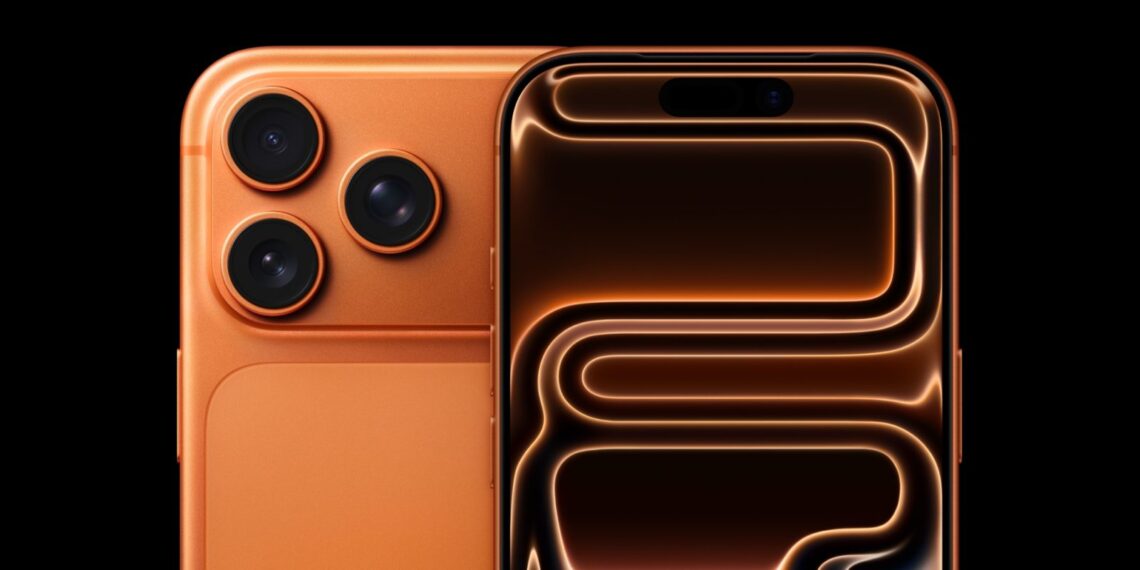Select Language:
Apple has incorporated significant silicon improvements in its latest iPhones, including the A19 and A19 Pro chips, the new N1 wireless chip, and the next-generation C1X 5G modem. When asked why the iPhone 17 and iPhone 17 Pro did not feature the new C1X modem, Apple provided the following explanation.
This year, Apple introduced not just one, but two new in-house cellular modems. After extensive development, Apple’s inaugural 5G modem—the C1—launched earlier this year in the iPhone 16e. Its successor, the C1X, is currently included in the iPhone Air.
Despite these advancements indicating that Apple’s modems perform well in terms of speed and efficiency, they are only present in two models. The flagship iPhone 17, iPhone 17 Pro, and Pro Max still rely on Qualcomm’s third-party modems.
Following the unveiling of the iPhone 17, in a CNBC interview, Apple was questioned about the absence of its own modems in the latest models.
Here’s what Apple stated:
CNBC’s Katie Tarasov asked:
“Why is there no Apple modem in the iPhone 17, 17 Pro, or Pro Max?”
Apple responded:
“Our focus was primarily on what we needed for the iPhone Air. We believe we have excellent options with both the iPhone 17 and iPhone 17 Pro. Over time, we expect to see Apple cellular solutions integrated into more products.”
This statement strongly suggests that future iPhones, likely the upcoming iPhone 18 series, will feature more prominent use of Apple-designed modems. The message aligns with circulating rumors, indicating Apple’s intention to gradually replace Qualcomm’s chips with its own.
The key takeaway is that Apple’s decision not to use third-party modems this year was driven by strategic priorities rather than performance limitations. The company is dedicating resources to develop its own cellular technology, with plans for broader adoption in upcoming products.
Do you care who manufactures the 5G modem in your iPhone? Share your thoughts in the comments.







